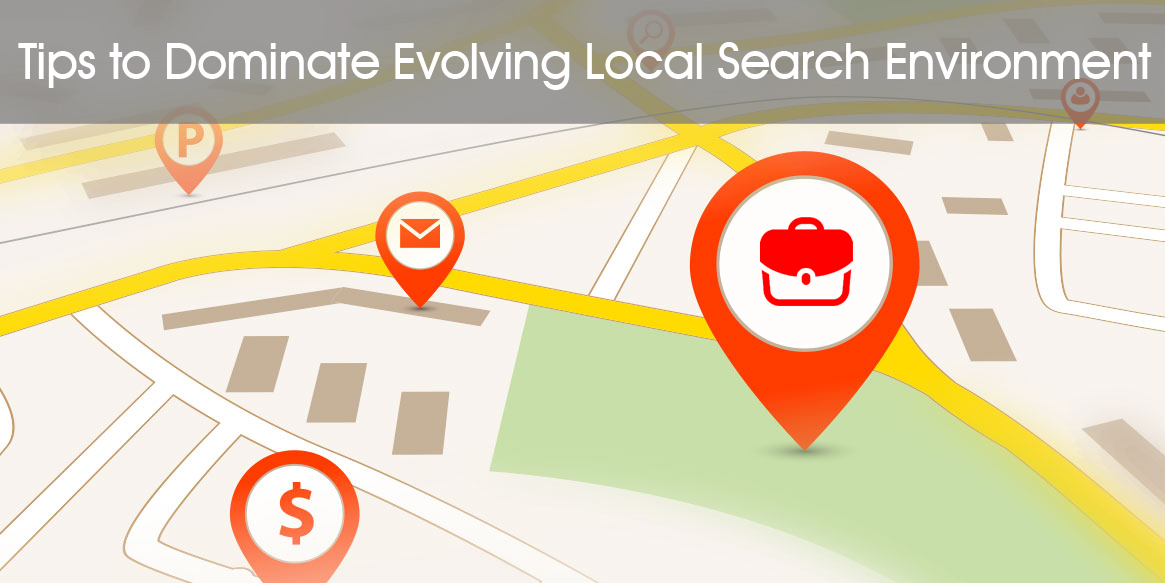
Dominating the evolving local search environment is tougher than it used to be. In the past, all a company had to do was have a website, claim its Google My Business page, and make sure it is listed in several online business directories.
Nowadays, local SEO is much more competitive. The reason is simple: once one business started to see benefits from an SEO campaign, others soon followed. This led to a much more crowded atmosphere in the local SEO scene.
Moreover, local SEO rules have changed, making the process of achieving a high rank more complicated. What used to be a practice that only required quick fixes, has now become a complex undertaking. In this article, we’re going to take a look at several tips to dominate your local SEO rankings.
Google Maps and Local Pack
Google used to show seven businesses on Google Maps as a Local Pack. This number has been recently reduced to three, and it is expected to be reduced even further to two. The end result of this effort will be an increased competition for these spots.
What can you do? Experts suggest following a strategy that employs multiple techniques such as adding localized content to your site, getting listed on citation sites and online business directories, optimizing your Google My Business page, and making sure that happy customers leave reviews on Google and other third-party sites.
Get your Google My Business Page
Google has made a big push to get as many businesses on Google My Business. In fact, this initiative is important enough to have its own team assigned to it. The initiative itself is called Get Your Business Online, or GYBO, for short. Google has also partnered with local city government offices in order to run workshops that teach businesses how to claim their Google My Business Page.
In order for you to get the most out of your My Business page, you have to fill out as much information as possible. This will be a huge advantage over companies that provide just the bare minimum of information. Make sure you upload your logo, pictures of your business and products, office and business hours, type of payments you accept, and a keyword-rich business description.
Write Localized Content
All businesses that operate locally should focus fully on localized content. This means writing regular blog posts that are based on local events, activities and news. You also want to make sure that the content on your site is filled with city-specific pages. This would entail about 1000 words per page, with city-specific keywords throughout. If you operate in multiple locations, it’s a good idea to have multiple city-specific pages.
Online Business Directories and Citations
Being listed on business directories and getting direct citations is an important aspect of local SEO. Not only will you gain credibility if you are associated with Google-approved directories such as Yelp, Citysearch, Foursquare, MerchantCircle and others, but you will also receive backlinks, and benefit from the high ranking that these online directories already have on Google. You will also want to make sure that you use the right contact information across all of your citations.
The best way to go about this is to use an aggregator service like Axciom, Factual, Neustar or Infogroup. These aggregators have partnerships with many high quality business directories, and they allow you to be listed across all of them with minimal effort. All you have to do is add your information and these aggregators will take care of the rest.
Conclusion
Running a local SEO campaign can be kick started if you follow these guidelines, but ensuring maximum success might require help from a professional team. Most small companies do not have to worry too much in this regard, especially if they operate with minimal competition, but as you go in more competitive regions, hiring outside help might be required.
